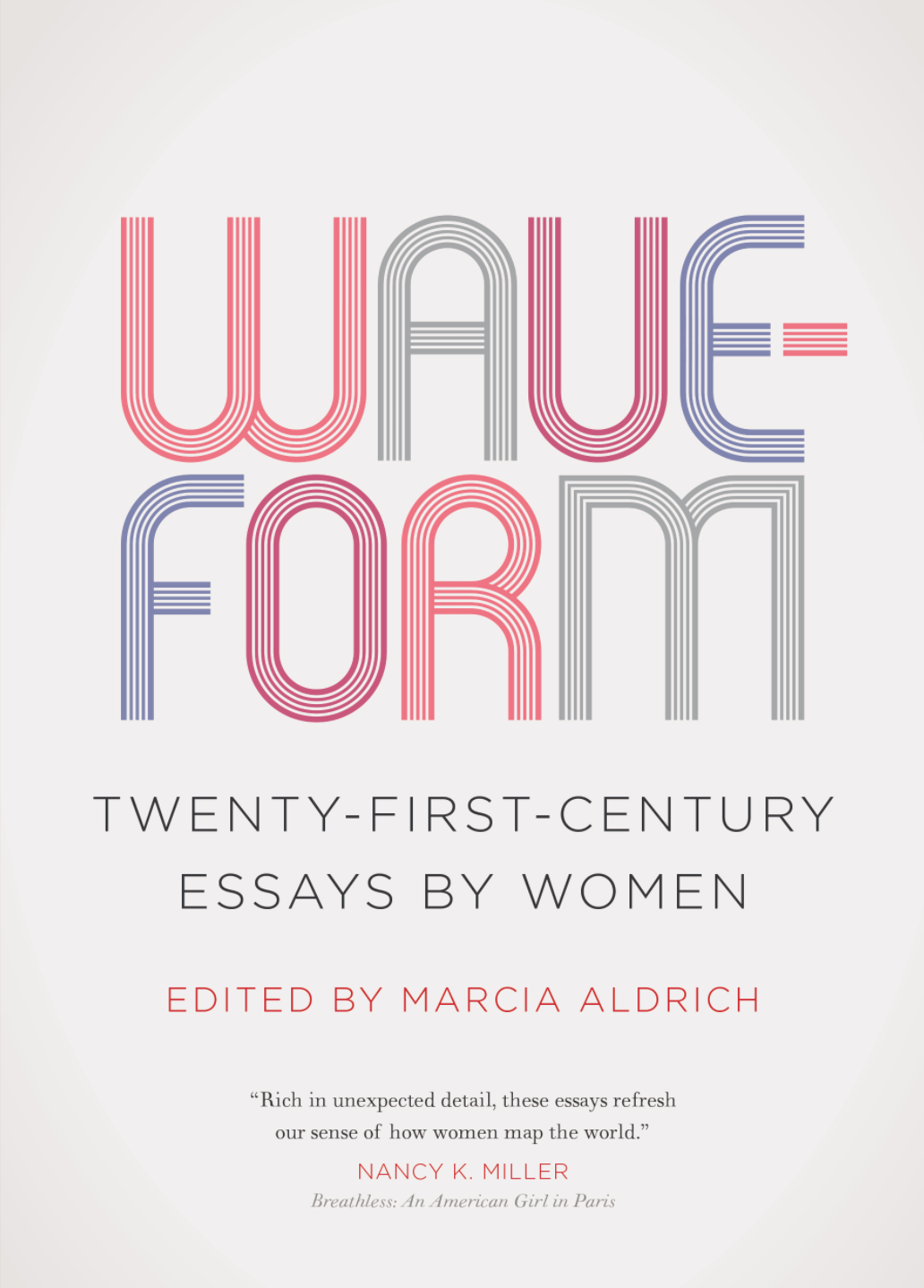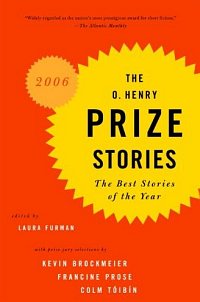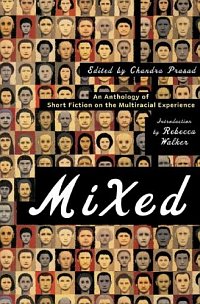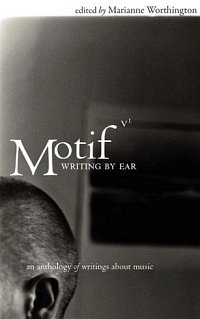Other Writing
Waxwing Literary Journal
“The Third Woman” (Fiction)
A short-short story following a woman on her journey through grief—and created space.
The Manhattanville Review
An creative nonfiction essay in which Shakespeare’s Lavinia of Titus Andronicus breaks the 4th wall into the author’s modern-day NYC apartment.
Kweli Journal
Girls’ Bathroom, New York City, 1991
A short-short story that explores violence among teenage girls, the past in the present, and pain as an unknown shared experience in a high school bathroom.
NPR
“Five Objects in Queens”
Neela’s short story, “Five Objects in Queens,” read by the author. Aired on NPR on June 28, 2013 (WFPL, “Unbound”)
Largeheartedboy
Neela on “Book Notes” with largeheartedboy. A mini-essay/music playlist for her book, You Have Given Me a Country
On "Dumb Show"
I first read Titus Andronicus as a seventeen-year-old, sneaking pilfered wine and Newports in the crawl space of my parents’ house. As a simmering teen wreathed in menthol smoke, cobwebs, and Pink Panther insulation, Lavinia’s plight enraged and validated me. I saw myself in her.
Over the next decade she kept cropping up—a Jeopardy clue, a Christopher Street drag show, a Halloween costume. But when she appeared twenty years later in my American Studies dissertation on in-betweenness and identity, it startled me. I was staring at my knuckles above the keyboard, thinking how much hands say about a person, who she is and how she’s lived. And Lavinia appeared. She entered, page left, and wouldn’t leave—and I didn’t want her to.
“Essay” comes from the French essayer, “to try.” I find that very moving. You can experiment in an essay. You can be free. I was interested in breaking the proverbial fourth wall of theater, but on paper. I wanted to change the story arc of a long-established, inviolate yet violated Shakespearean character. I wanted to keep Lavinia company. To see how different, or not, a woman of the sixteenth century was from a woman of the twenty-first. I was also, in truth, trying to find a sneaky way to meet the objective standards of a dissertation and still use my voice creatively. Maybe sneakiness is what brought Lavinia back to me. Maybe I will forever associate her with taboo and crawl spaces.
Making form itself a tool in an academic endeavor felt right for my dissertation. And the essay—beautiful in-between creature that it is, accommodating and quirky and hybrid—seemed the right way to suture the gaps between the scholarly and emotional, the past and present, the personal and political, Lavinia and me.
- Neela Vaswani
The O. Henry Prize Stories: The Best Stories of the Year, 2006
“The Pelvis Series,” by Neela Vaswani
“Language itself is the secret subject that drives another Eve—a linguist, not a biblical figure—in Neela Vaswani’s “The Pelvis Series.” In her research, Eve tries to push past the limits of species differences and develops a capacity for generosity and loyalty that’s absent in her human relationships. The charming affection Eve feels for her favorite chimp, Lola, is balanced by the cool reality of the primates’ life among the scientists.” – Laura Furman, editor
“Fascinating story about learning and language” – Patrick Rapa, editor
“One of the stories that I love to read again and again and again and again. Imaginative and beautiful.” – Laura Pegram, editor
Mixed: An Anthology of Short Fiction on the Multiracial Experience
“Bing-Chen,” by Neela Vaswani
“One key theme throughout the collection is that of identity or, more precisely, identities, as characters struggle to navigate and appreciate their multiple ethnicities. In “Bing-Chen,” Neela Vaswani weaves a tight, powerful tale about a young man with a Chinese mother and an absent German American father having his haircut in Chinatown. As with many of these affecting stories, what seems a simple endeavor — in this instance a haircut — turns out to contain myriad complexities. The protagonist has two names, Bing-Chen and David; he embodies at least two ethnicities: “Sometimes people could not tell he was Chinese; other times it was all they saw”; he yearns to be like the girls getting their hair done, or the Chinese girl cutting hair, all three wholly “one thing” and not, like him, divided into parts. An author comment follows each story, illuminating his or her biography, the story or both. Vaswani writes how as a young girl she, Indian and Irish, ached to “have what I mistakenly perceived as the stability of being ‘one thing.’ I felt the insipid social pressure, the myth that to be of two cultures is to be somehow confused.”
—San Francisco Gate Review
Motif: Writing By Ear
“Feet on the Ground, Reaching for the Stars,” by Neela Vaswani
A creative nonfiction essay about the radio, forbidden music, and love.
“While names like Buddy and Julie Miller, Scott Miller and Patty Griffin appear in the list of contributors, their pages are poems (read: lyrics). The real beauty of the work comes in the other stories – the ones we all can relate to in one way or another.
In the ambitious book, an anthology of writings about music, editor Marianne Worthington brings together essays, poems and short stories, both true and imagined.
There’s the story of a first autoharp, dubbed “June” (“Country Gold” by Jason Howard), being a tour guide in Nashville (Kathi Whitley’s “From the Jim Reeves Museum with Love), and of bars with bands called “Dallas Alice” and bartenders named “Gina” (“Air Devil’s Inn on a Saturday Night” by Beth Newberry).
Other pieces, Tiffany Williams’ “Feeling Sound” and the sense of accomplishment felt after covertly taping a forbidden radio show of Top 40 hits (Neela Vaswani’s “Feet on the Ground, Reaching for the Stars”) bring the same connectedness through shared experiences like a final encore when all the lighters (or cell phones) are whipped out.
The final product is an emotion filled book for lovers of music and songwriting.”
-Nichole Wagner, Uncommon Music review
We All Live Downstream: Writings About Mountaintop Removal
“We Have Met the Enemy,” by Neela Vaswani
An excerpt from the essay can be found here.









